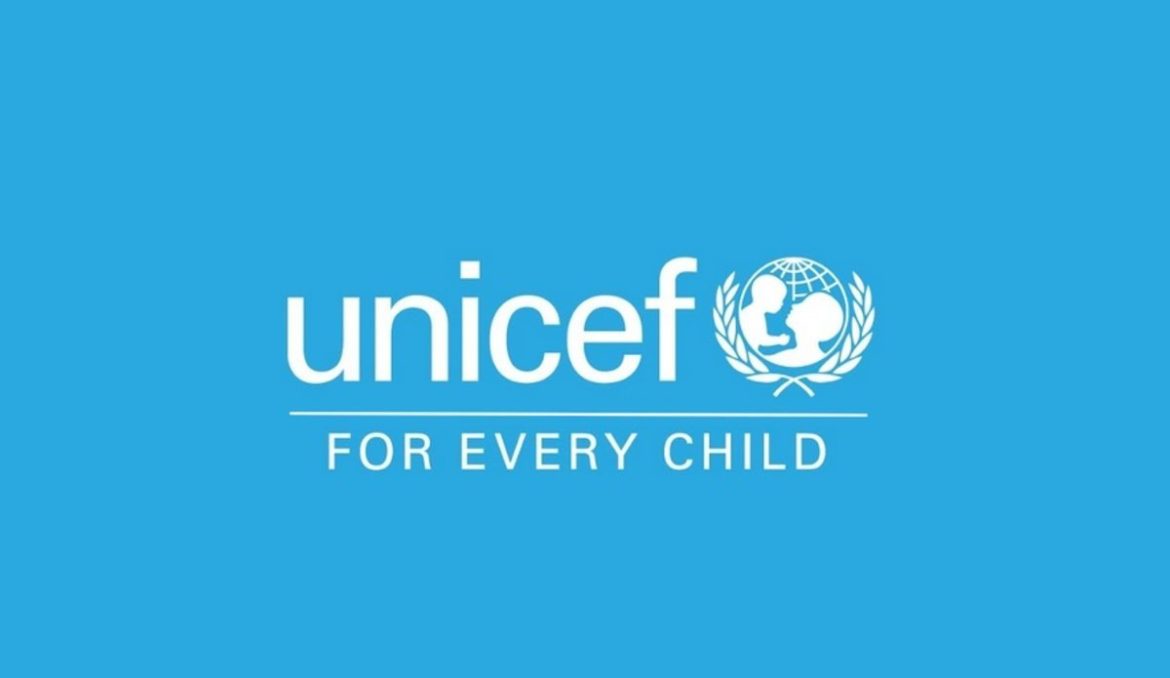By Muhammad Amaan
The United Nations Children’s Fund (UNICEF) has called on the government at all levels to reduce reliance on external sources for health funding and instead make adequate provisions in their budgets.
UNICEF Deputy Representative in Nigeria, Dr Rowan Khan, made the statement on Wednesday in Abuja at the Primary Health Care (PHC) Memorandum of Understanding (MoU) Learning and Dissemination Event.
The PHC MoU Health Systems Strengthening Initiative is a three-year partnership (2022 to March 2025) between GAVI, the Federal Ministry of Health and Social Welfare, and UNICEF.
The initiative also involves eight states: Bayelsa, Gombe, Jigawa, Katsina, Kebbi, Niger, Taraba, and Zamfara.
The initiative aims to strengthen routine immunisation and PHC systems to reduce morbidity and mortality by addressing vaccine-preventable diseases and improving essential health services.
According to him, the U.S. administration’s pause of foreign aid, affecting nearly all its foreign aid programmes, is no surprise but a wake-up call to stop reliance on external funding for health.
“Looking at what is happening at the global level, we need to really reduce the reliance on others at all levels.
“What has happened with the U.S. government’s decision has shaken us to the core, but honestly, we knew this was coming because we cannot forever rely on external support.
“All of us need to have our own ownership, our own accountabilities, and our own responsibilities as well,” she said.
Dr Khan also emphasised the importance of coordination among stakeholders and optimizing available resources, considering the limitations in both financial and human resources.
She added that such efforts would have a more significant impact on Nigeria’s future.
To sustain the gains made in the past three years from the PHC initiative, Khan suggested that state governments should conduct a proper budget analysis.
The analysis, he said should focus on identifying gaps, particularly regarding basic services for children and the revitalisation of PHCs in each ward.
“So, I urge all state authorities to look at this very carefully. Please look at your budgets and see how we can intuitively allocate resources for the basic services of health, specifically for immunisation and other basic services,” she said.
The Country Manager of GAVI, Jesicca Crawford, commended the governors of the implementing states for their commitment to the programme.
She said such commitment was necessary to build a healthier, more resilient Nigeria, where every child, citizen, and woman had access to quality PHC services.
Ms Crawford urged the governors to ensure that the services were sustained and that the achievements made through the MoU were replicated in other states.
The Team Lead for Communicable and Non-Communicable Diseases at the World Health Organisation (WHO), Dr Mya Ngon, acknowledged the successes recorded but stressed the need for further work to reduce zero-dose immunisation among unimmunised children.
“We also need to sustain government efforts to implement PHC strengthening and immunisation to improve equitable access to vaccines and reduce zero-dose children.
“We should remember our national goal to invest in reducing reliance on campaigns and focus more on strengthening the health system,” she said.




